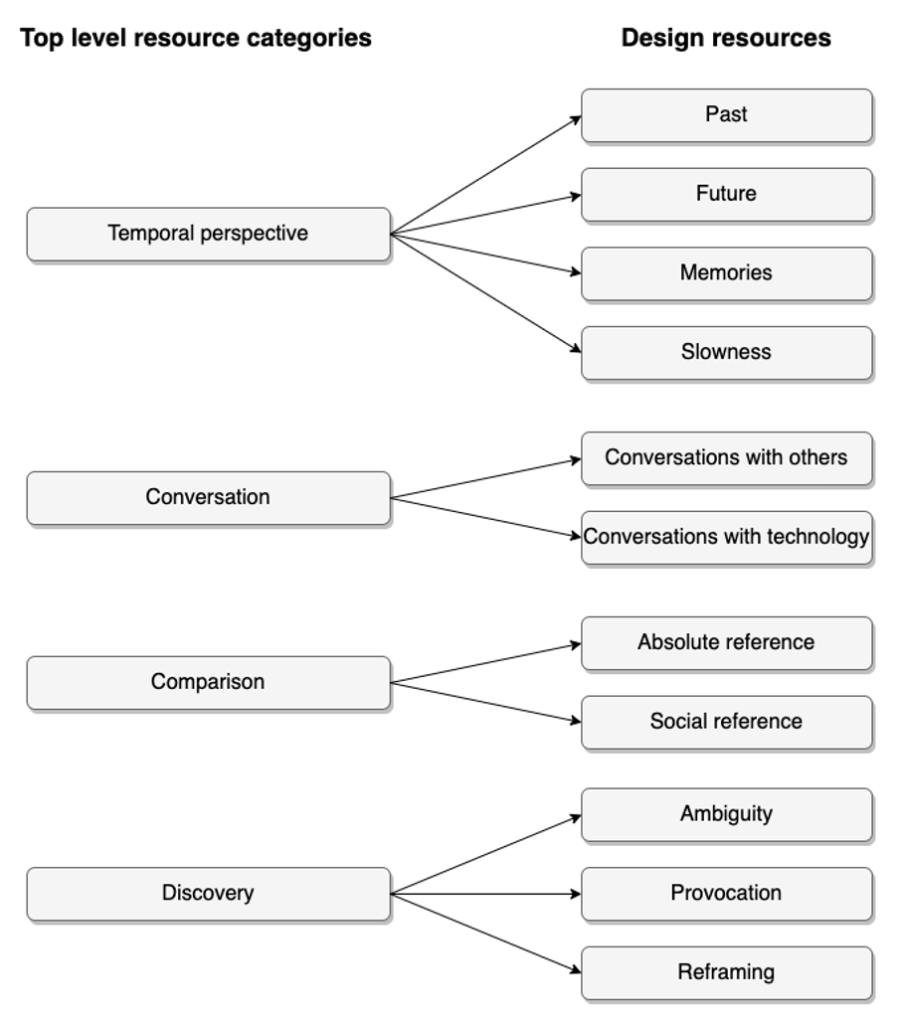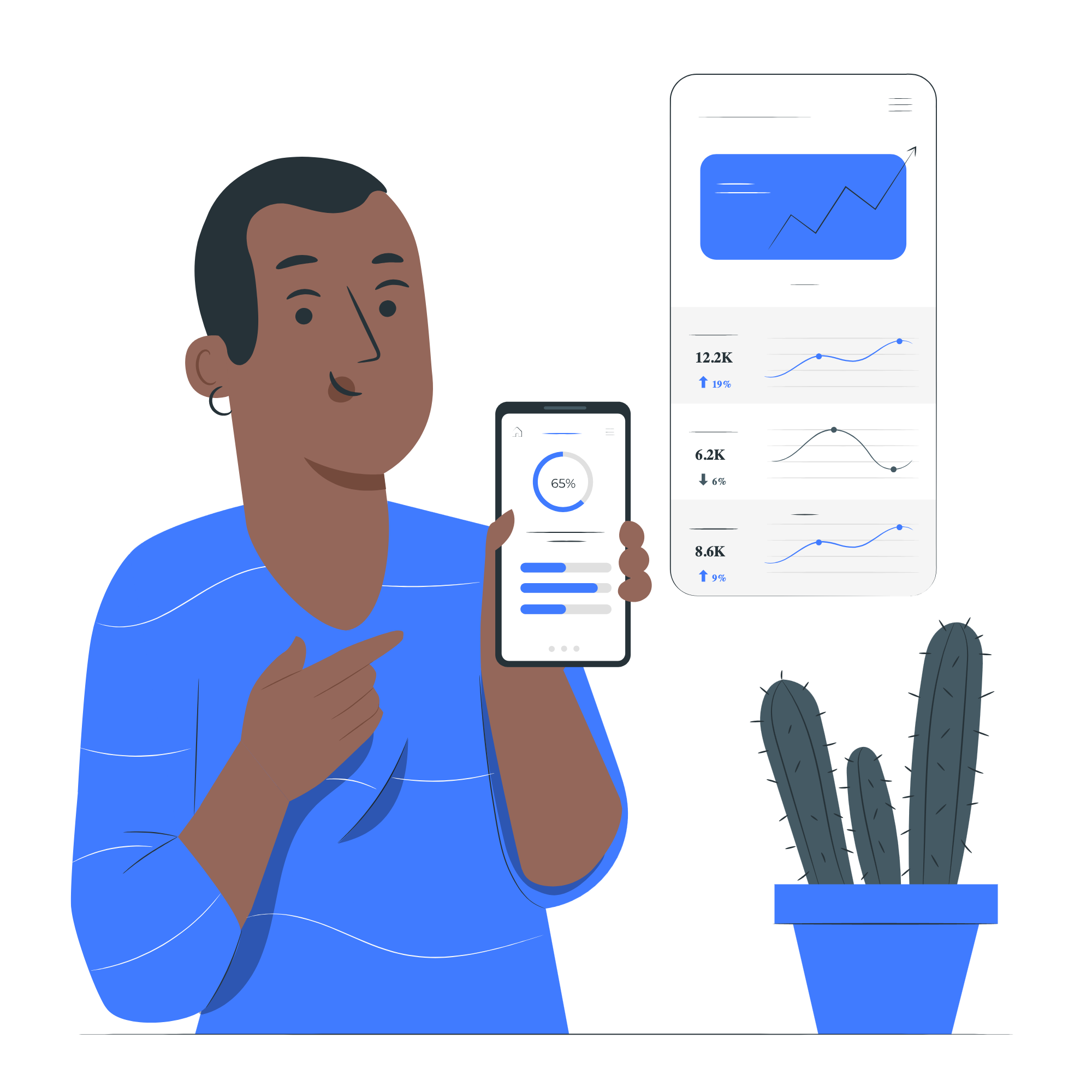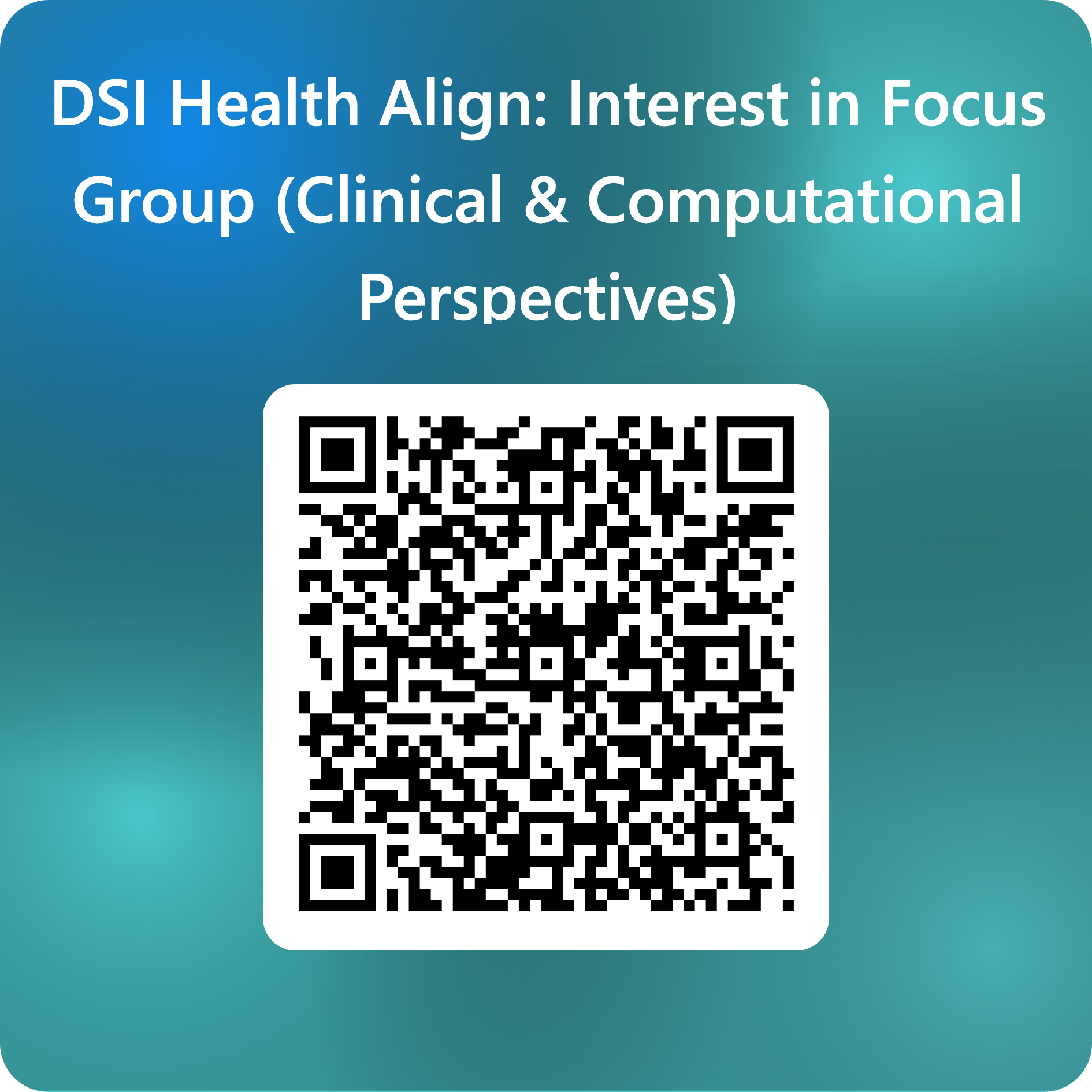Align: Reflection Promotion Through Subjective Experiences and Objective Metrics
Researchers Involved
research areas
timeframe
2025 - 2025
contact
barth@ifi.uzh.chproject-files
Smartwatches collect a wealth of sensor data over time, offering valuable insights for patients managing chronic conditions. However, traditional interfaces often fail to provide actionable insights from this data.
Research shows that guided self-reflection improves condition management. Here, we propose a reflection-focused mobile interface to help patients harness wearable data, promoting deeper understanding and better control of their wellbeing.
(Cover image is an illustration by Storyset)
Coming up: Focus Group! (Oct 24, 2025)
To ensure our design is user-centred and follows clinical advice, we will conduct a focus group with domain experts from DSI Health, and your feedback to fine-tune our visual probes. Attendees: Endocrinologists, bariatric surgeons, diabetes educators, experts on human-model collaboration, visual designers... or any other interested community DSI Health members
Inspiration:
Previous work demonstrated the power of self-reflection in enhancing data-driven decision-making. We learned that tools promoting reflection help users connect their personal experiences with measurable health and fitness data, enabling them to better understand their condition or progress.
Based on this, and our discussions with clinical researchers, we believe this approach could benefit many chronic conditions, and even improve athletic training and performance.


[1] Bentvelzen, M., Wozniak, P., Herbes, P. et al (2022). Revisiting Reflection in HCI: Four Design
Resources for Technologies that Support Reflection. Proceedings of the ACM on Interactive, Mobile,
Wearable and Ubiquitous Technologies, 6(1). http://dx.doi.org/10.1145/3517233
Background:
Health-related data is increasingly collected by patients themselves. However, many patients struggle to gain actionable insights from complex data and visualizations. This challenge is particularly evident in individuals with chronic conditions such as diabetes, which requires continuous tracking and making sense of diverse personal data. Reflection can be valuable for gaining insights and motivating behavior change for better health outcomes, but how can we encourage reflection through digital health applications?
For users (i.e. patients) to continue to contribute data, the interfaces they use to do so should be intuitive, informative, and positively contribute to their understanding of their healthcare. Reflection supports self-insight, motivates behavior change, and is desirable for interactive systems. Allowing a patient-facing, reflection-promoting tool that is optimized for a balance between low-effort insight generation, and rich data capture is instrumental for informed, productive self-management.
Building on prior research by Bentvelzen et al. [1], this project aims to develop a personal informatics tool that combines wearable fitness tracker data with users’ own reflections on their biometrics. The tool is designed to help clinical researchers better understand patient experiences and enable patients to reflect more deeply on their own health data. We aim to do so through adaptation of our prototype to a case study coming from DSI Health community collaborators: in type 1 diabetes management.
FG1: Clinical & Computational Perspectives
Topic: Subjective experiences & objective metrics to promote reflection
Attendees: Experts in endocrinology, diabetes education, human-model collaboration, reflection on fitness tracker data, other interested community members
Timing: see Call for Participation, above
Interviews: Patient Perspectives
Topic: Personal experiences and how they inform chronic condition management, through the lens of our visual design probes
Attendees: Patients
Timing: please email barth AT ifi.uzh.ch
FG2: Alignment (of Clinical and Patient Perspectives)
Topic: Aligning stakeholder needs, analyze interview results for themes
Attendees: Patients, clinical researchers, experts on human-model collaboration, interested community members (especially those with additional case studies in mind as applications)
Timing: please email barth AT ifi.uzh.ch




